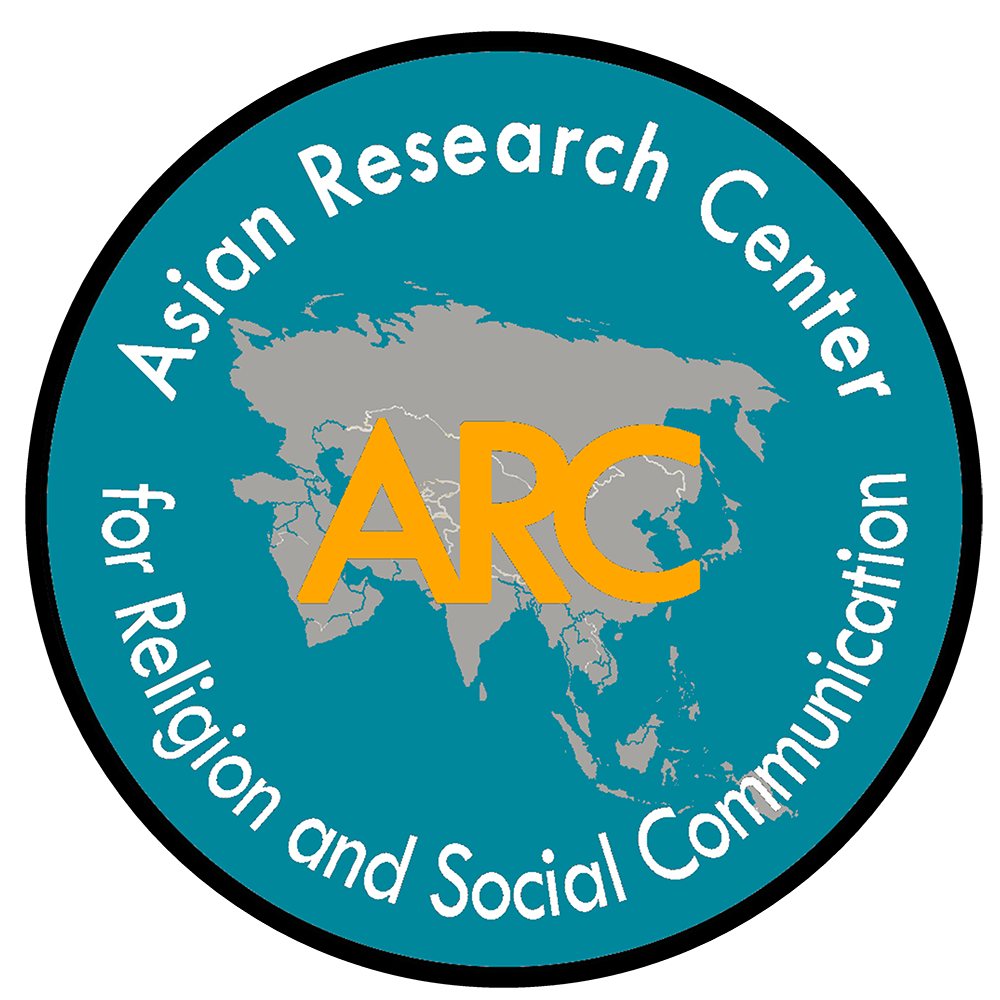Social Media and Undocumented Vietnamese Migrant Workers in Thailand during the COVID-19 Pandemic
Download
Social Media and Undocumented Vietnamese Migrant Workers in Thailand during the COVID-19 Pandemic
Anthony Le Duc
2022
Abstract
This essay recounts the experience of marginalization of undocumented Vietnamese migrant workers (UVMWs) in Thailand, which intensified during the COVID-19 due to their status and difficulties with language. This reality greatly limited access to information and services available to Thai citizens. Facing these challenges, UVMWs turned to social media for information and support from within the community. The pandemic experience highlights the role of social media in the life of marginalized groups and communities in society in providing a niche for sharing information and experiences as well as mobilizing assistance from within the community itself.
1. Introduction
In April 2020, during the height of the COVID-19 pandemic in Thailand, in which the country found itself under a national lockdown with a nightly curfew, I received a message via Facebook Messenger from a Vietnamese migrant worker residing in the northeast of Thailand. In the message, he told me that his wife had delivered a baby just a few days before. They were forced to have the baby in Thailand because the enforced lockdown had prevented them from returning to Vietnam. Unfortunately, the baby who was born premature had respiratory issues and had to be rushed to the intensive care unit of the central hospital in Udon Thani Province. As a foreigner residing in Thailand under a tourist visa, the hospital fee for the first two days alone nearly equaled to what he could make working as an undocumented worker in Thailand in a year. The fact that foreigners were charged a different rate than Thai citizens was the primary reason for this excessively high hospital bill. In his situation, there was no possible way that he could pay for the expenses, and he desperately needed help. He asked me if I could use my Facebook fan page, which is widely followed by the Vietnamese migrant worker community in Thailand, to ask for assistance on his behalf. After investigating further details of his dire situation, I decided to make a post on his behalf asking for help from fellow Vietnamese living and working in Thailand. In addition, I contacted some Thai people whom I knew in Udon Thani province to approach the administrators of the hospital, asking for discounts for the unfortunate couple. From these two efforts, the parents of the newborn were able to pay the hospital fees having received enough donations from people who saw my post on social media and also a discount from the hospital leadership who were willing to significantly reduce the treatment fees.
The episode recounted above illustrates one of the many ways that undocumented Vietnamese migrant workers (UVMWs) in Thailand used social media in order to deal with and mitigate the experience of marginalization and hardship during the COVID-19 pandemic, as well as in their everyday life. It also demonstrates how an individual like myself who accompanies this community relies on social media to support them on an ongoing basis, but especially during times of crisis. This essay recounts the experience of marginalization that UVMWs experienced during the COVID-19 pandemic and how social media has played a role in mitigating the negative experience of UVMWs as a disadvantaged and marginalized group in Thailand.








